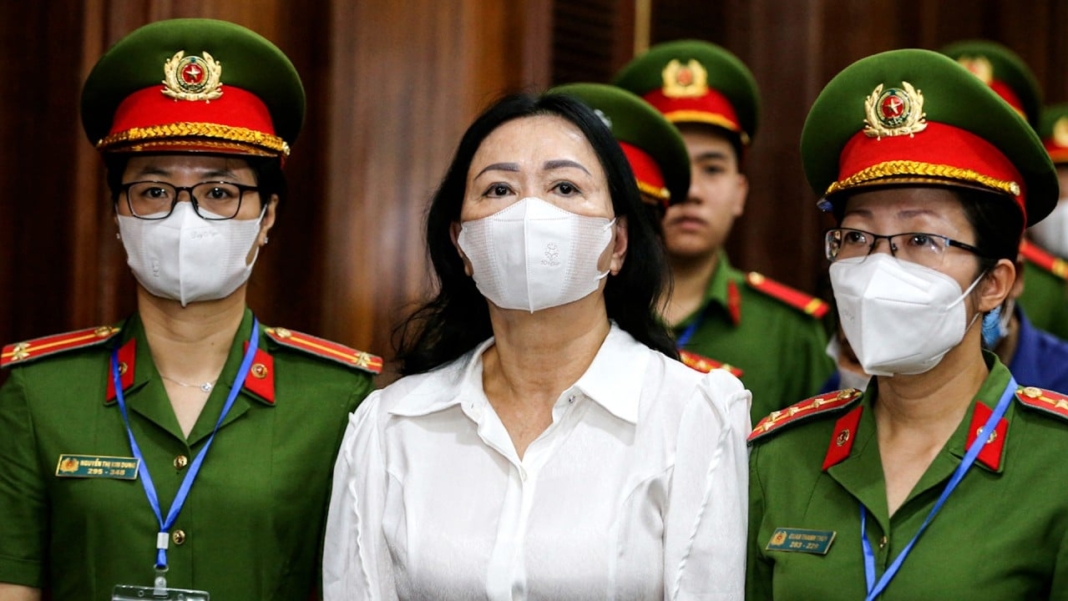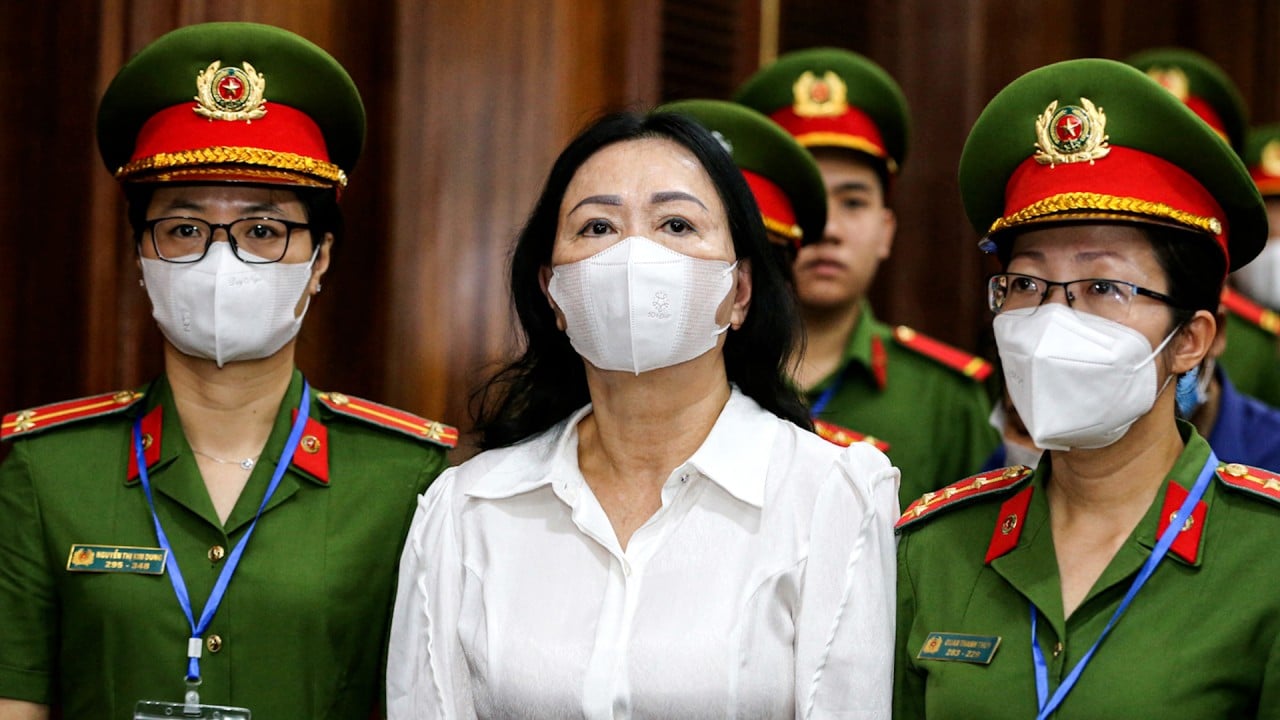The department said on its official WeChat account that the move was necessary to exercise China’s sovereignty and jurisdiction.
Hanoi’s low-key approach may be central to muted confrontations with Beijing
Hanoi’s low-key approach may be central to muted confrontations with Beijing
“This new baseline could complicate earlier agreements and other day-to-day maritime activities and endeavours such as fishing,” he warned, adding that some maritime experts are concerned that the new Chinese baseline might be a violation of Unclos.
“If things change from the current demarcation line agreement between the two countries, that might be a worse set of circumstances for Vietnam. You would think Hanoi would need to defend its current entitlements by challenging China’s baseline,” Lee-Brown added.
Vietnam’s pact with China is ‘window dressing’ under its flexible approach
Vietnam’s pact with China is ‘window dressing’ under its flexible approach
Isaac Kardon, a senior fellow at the Asia Program at the Carnegie Endowment for International Peace based in Washington, DC, said Vietnam may not have reacted because of a maritime agreement signed by the two countries two decades ago.
“This change amounts to a clarification of the jurisdictional status of [China’s] waters within boundaries already agreed by the two parties in their 2004 maritime boundary and fisheries zone treaty,” Kardon said.
The agreement followed years of negotiation and debates regarding the rights of China and Vietnam to the maritime areas and resources in the Gulf of Tonkin.
‘Completing’ China’s maritime boundaries
However, China’s latest demarcation turns a large part of the northern South China Sea into its internal waters in what were formerly areas undefined by Beijing, according to Kardon.
China’s baseline has been significantly “pushed out” from its coast and is some 24 nautical miles beyond what would constitute “normal” basepoints under Unclos.
The “creeping” demarcation appears to be an attempt by Beijing to assert greater control in an important body of water, Kardon added.
“This move should be seen as an inevitable step towards completing China’s maritime legal regime, and we should expect the last area without baselines – the [disputed] Spratly Islands – to be next on the list when conditions permit,” Kardon said.
Nguyen Khac Giang, a visiting fellow in the Vietnam Studies Programme at the Singapore-based ISEAS-Yusof Ishak Institute, said Vietnam might not have fully grasped the potential impact on its interest resulting from China’s action.
“It might refrain from publicly commenting on the issue until all aspects are clearly understood,” he said, adding that since the new baseline grants China broader claims over its territorial sea and exclusive economic zone, this could further complicate the maritime situation in the Gulf of Tonkin.
It might also serve as “leverage” for China in negotiations with Vietnam on separate South China Sea issues, Giang noted.
China has a history of transforming undisputed areas into disputed ones
Both sides also agreed to “refrain from actions that could complicate the situation or escalate disputes”, the statement added.
“China has a history of transforming undisputed areas into disputed ones then portraying itself as willing to engage in ‘joint development’ in regions where its claims clearly lack legitimacy”, Giang added.
In 2014, then Vietnamese ambassador to the United States Nguyen Quoc Cuong referred to Triton Island in the Paracel Islands and described “unacceptable” Chinese attempts “to turn an undisputed [Vietnamese] area into a disputed area”.
The diplomat said China’s deployment of an oil rig and escort ships in Vietnam’s waters was a serious violation of Hanoi’s sovereignty, adding that the Southeast Asian country has conducted oil and gas exploration and exploitation in its continental shelf and exclusive economic zone for decades.
Australia upgrades Vietnam ties to highest level amid US-China rivalry
Australia upgrades Vietnam ties to highest level amid US-China rivalry
In 2012, China opened international bidding for some oil and gas lots in an area that was globally recognised as the continental shelf of Vietnam but no foreign company took up the offer.
Due to the Gulf of Tonkin’s unique geography, China and Vietnam have overlapping exclusive economic zones and continental shelves in the area and these were laid down in their 2004 agreement, Lee-Brown said.
He considered the timing of Beijing’s announcement on its baseline in the Gulf of Tonkin as “odd”.
“I am not sure if it can be framed as being connected to other geopolitical issues.”
Source: scmp.com




